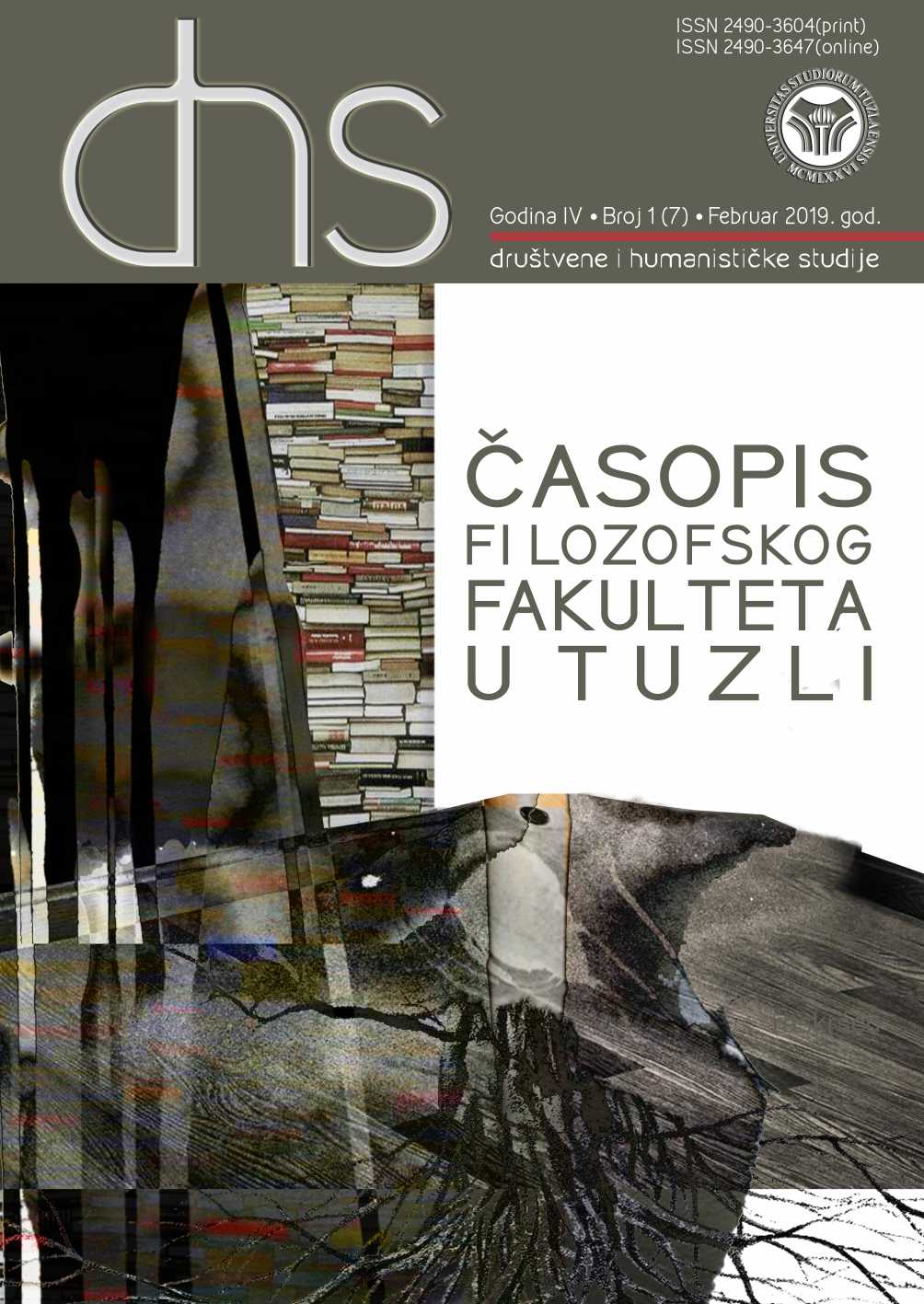Interkulturalne dimenzije habitusa savremenog učitelja
Intercultural Dimension of a Contemporary Teachers' Habitus
Author(s): Edina Nikšić Rebihić, Emina Dedić BukvićSubject(s): Social Sciences, Education, School education
Published by: Filozofski fakultet Univerziteta u Tuzli
Keywords: Interculturalism; Teacher; Habitus; Initiation education; Pluralism;
Summary/Abstract: Rapid social changes in the new age of modern schools require different approaches to curriculum and teaching strategies. The school is an educational institution that prepares students to participate in a diverse world. Intercultural education in the school builds awareness of its articulation of own identity,but also acceptance of the other and the development of intercultural sensitivity, awareness and competence. Interculturalism in teaching is based on the general principle of providing the child with an optimally supportive environment in which every child will feel safe, without exception. The contemporary teacher should be motivated by further advancing the educational process in which children will develop a sense of pluralism and fellowship, teaching them to respect and appreciate diversity.It is essential that teachers are trained to transfer the value of respect and mutual understanding other and different. However, in order to teach other interculturalities, society needs intercultural teachers.Concept of Initial education need to encompass this segment, as it would not be expected of the teacher to respond to social challenges without proper preparation.The aim of this research is to examine the role of initial education in building the intercultural dimension of the contemporary teacher’s identity. By analyzing the Curriculum and the program at the Faculty of Educational sciences, we have gained insights into the content of the courses that cover intercultural aspects. Using interviews with university teachers at mentioned department we got results that there are many more courses which consistent principles of intercultural teaching than those with explicit intercultural content.University teachers recognize the importance of intercultural education for future teachers, and strive to perceive intercultural content through their teaching, although they acknowledge it insufficiently. The answer to social challenges really needs to be the contemporary concept of a school that accepts and promotes diversity in education, respecting the spectrum of identity of all participants in the educational process. In the end, it is necessary to start from initial education, which builds a strong intercultural dimension of the identity of a contemporary future teacher. A contemporary teacher is required to implement intercultural principles in promoting intercultural values.
Journal: DHS-Društvene i humanističke studije: časopis Filozofskog fakulteta u Tuzli
- Issue Year: VII/2019
- Issue No: 7
- Page Range: 177-194
- Page Count: 18
- Language: Bosnian

